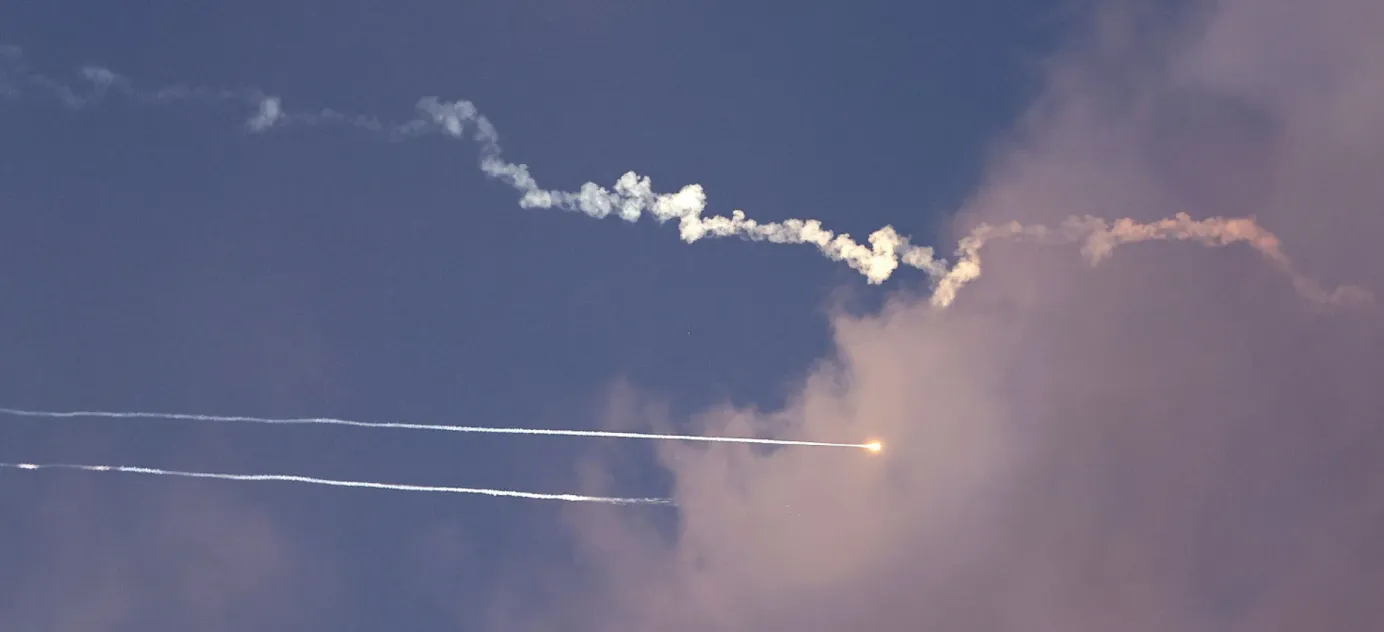
Russia casts long shadow over Georgia’s political crisis
A major hub for Russian emigration since the war in Ukraine broke out — Georgia — finds itself at the center of a political crisis due to proposed legislation on “foreign agents.” The bill at the center of the row was endorsed by Georgia’s ruling party, which is accused by many of being pro-Russian. Its passage through parliament led to large street protests in the South Caucasus country that resonated with both Kremlin propagandists and Russia’s opposition.
- Georgia’s “Foreign Influence Transparency bill” requires any organization that receives funding from abroad to register as a “foreign agent.” Its authors say that this is modeled on the United States’ FARA law. However, the U.S. has rejected that comparison: instead, a State Department official compared the bill to its Russian equivalent. In Russia, any person or organization can be branded a “foreign agent,” a Soviet-era term that most people understand to mean espionage. The awarding of this status leads to financial penalties and open discrimination.
- Georgia’s parliament passed the bill on its first reading Tuesday. Soon, thousands of people were protesting on the streets of Tbilisi: police used water cannons and tear gas, while protestors threw Molotov cocktails, stones and other improvised missiles.
- President Salome Zurabishvili, who opposes the ruling party, backed the protests. But Georgia is a parliamentary republic — and the president has little real power.
- After several days of demonstrations, the bill was withdrawn. The ruling Georgian Dream party, criticized for being pro-Russian, whose deputies submitted the bill, blamed “radical forces” for leading the country’s youth into “illegal activities.” However, Georgian Dream’s statement said that the party will not abandon the legislation.
- The protests struck a chord with Russian opposition figures and state propagandists alike. Propagandists compared the protests to the Euromaidan, a mass anti-government movement in Ukraine in 2013-14 that led to a change in government (Putin has said repeatedly that it was a coup d’etat supported by the West). In their opinion, U.S. embassy staff in Tbilisi attempted to “organize a coup.” Russian state media also reported traffic jams at border crossings into Russia as people sought to flee from Georgia. However, the delays were most likely due to the fact that the checkpoint was closed due to bad weather the previous day.
- Independent Russian journalists used the Georgian protests to make a comparison with the lack of protests in Russia when similar legislation was passed in the late 2010s. Those saying such things were bitterly criticized on Twitter – Ilya Krasilshchik, former publisher of the independent Meduza news site, even went so far as to apologize for such a comparison. The consensus among his critics was that, at the time, protesters in Russia had neither political support nor international backing.
Pourquoi le monde doit-il s'en préoccuper ?
Georgia has become a major destination for anti-war Russian emigrants — and has traditionally fraught relations with Russia. Tbilisi is just 120 kilometers from the Russian border. Serious political instability in the country could have unpredictable consequences. However, this does not look like a major political crisis: public protests in Georgia are not uncommon and the withdrawal of the bill appears to have calmed the situation.









